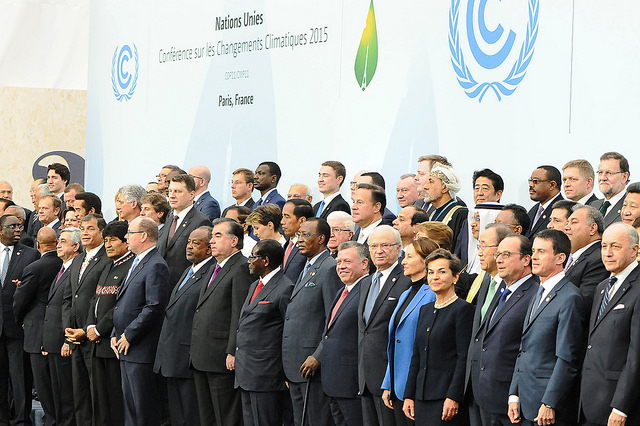Global leaders are in Paris this week to nut out the next phase in global agreements to tackle climate change. It will be one of the biggest diplomatic events of the decade. Among the 45,000 people turning up are about 150 world leaders including Obama and Chinese President Xi Jinping. In the past these talks have been criticized for being a lot of talk and not a lot of action. But this year it is different.
1. Countries have done their homework.
In previous conferences the commitments from individual countries were thrashed out at the conference. Just imagine the battle to negotiate this with 191 countries! Not this time. Countries have had to submit their pledges to reduce pollution in advance. Of 195 countries attending, 177 have made pledges to either cut emissions or slow emissions growth.
2. The biggest countries in the world (and the biggest polluters) are on board.
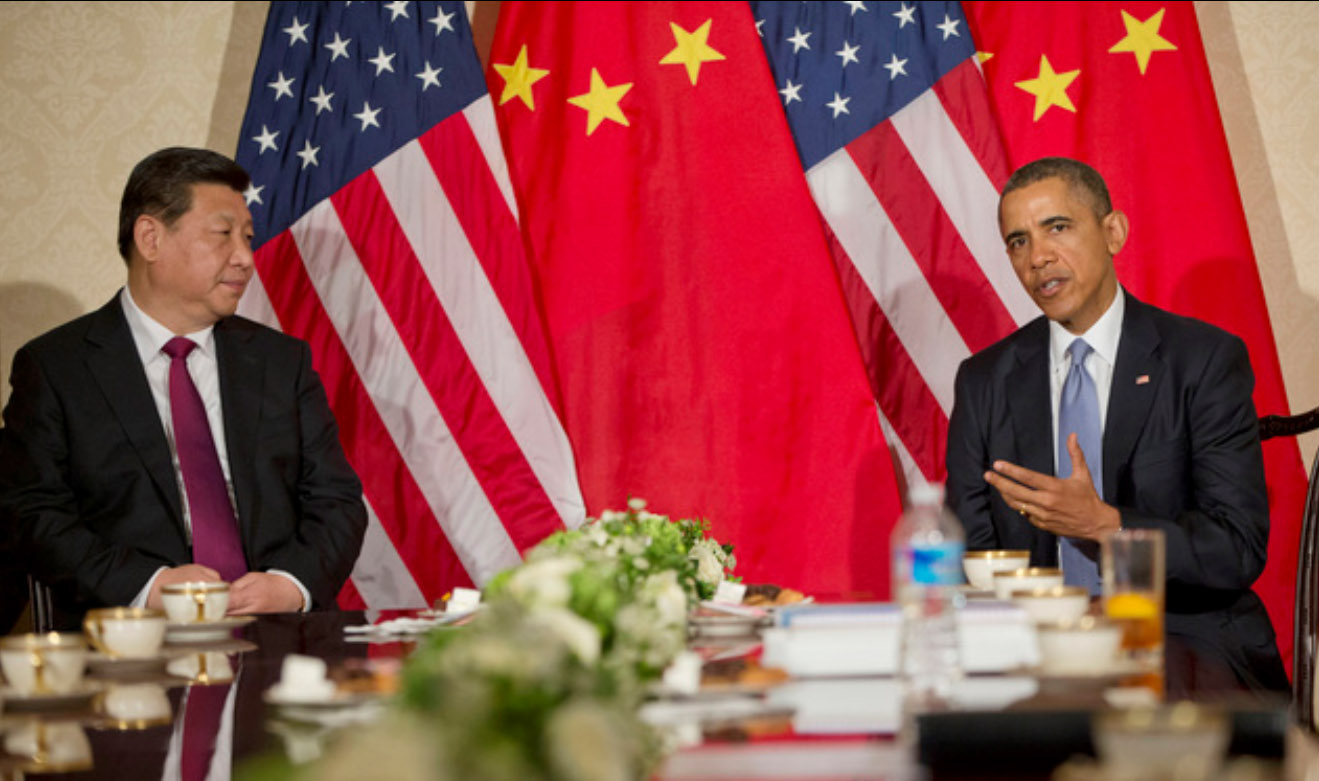
At the end of last year, China and the US, the world’s largest polluters, announced their commitments to drive down pollution together. This show of solidarity was really important in driving global momentum for the Paris talks. The commitments are nothing to be sneezed at either. For instance, China plans to build more zero emission energy, like solar and wind, than their entire existing coal fleet. In 15 years. Wow!
3. The money is on our side.
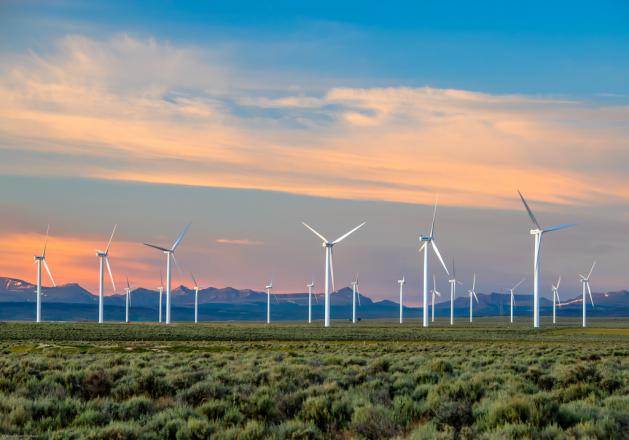
Since the last major climate talks in Copenhagen in 2009 climate change was framed as a moral challenge. Today it is an economic opportunity. In the last 6 years the cost of renewables has plummeted while investment has gone through the roof, increasing 50%. The price of solar photovoltaic (PV) modules dropped 75% while the cost of onshore wind power dropped 30%. Renewables have not only become more affordable, new wind and solar plants now compete directly on price with new fossil fuel plants.
Countries aren’t just getting behind renewables because it is good for the planet – it is good for the economy too.
4. Countries are actually implementing solutions.
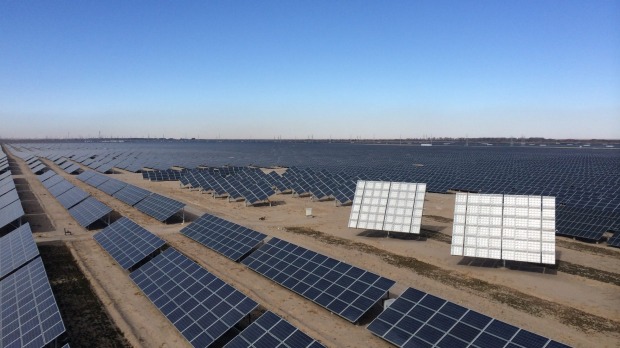
You might find it hard to believe but countries have genuinely moved beyond just talk to action. Since 2009, the number of countries with polices driving increased renewable energy targets has doubled – to over 160. At the same time cities, businesses, citizens, churches, schools and towns have all been driving change too, which in turn puts more pressure upwards on governments.
5. Countries are actually talking about phasing out fossil fuels.
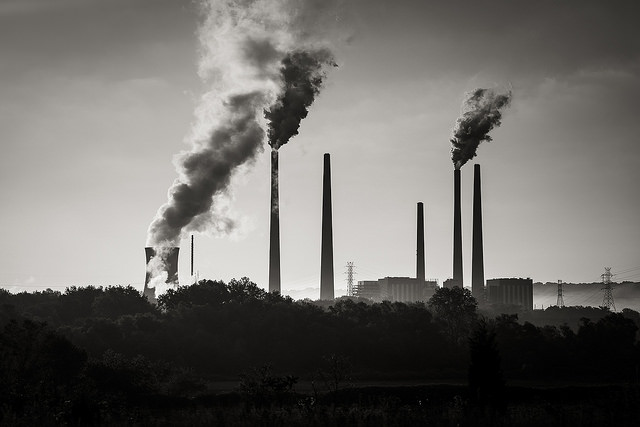
Many countries have contradictory climate and energy polices. On the one hand they say they are serious about tackling climate change, but on the other they give public freebies to coal, oil and gas companies. It’s not small either. The 20 wealthiest countries hand over US$452 billion a year. The good news? 38 countries at this meeting are backing a plan to phase out of fossil fuel subsidies, including some big guns like the US, Canada and the UK.
So overall the world is moving on climate change and we’ve come a long way since the last major global talks in 2009. There is huge momentum around renewable energy, particular from the renewable powerhouse China. Will it be enough to tackle climate change? No, not yet. There will still need to be a ramping up of solutions in the years to come.
And in case you missed it, here’s our breakdown of the Paris climate talks… in under 2 minutes:
Image credits:
Header: Flickr user UNFCCC licensed under CC BY 2.0
1. Flickr user UNFCCC licensed under CC BY 2.0
2. Flickr user U.S. Embassy The Hague licensed under CC BY-ND 2.0
3. Flickr user Daniel Hoherd licensed under CC BY-NC 2.0
4. Climate Council
5. Flickr user Robert S. Donovan licensed under CC BY-NC 2.0
